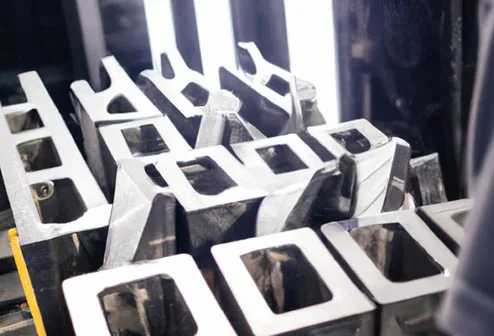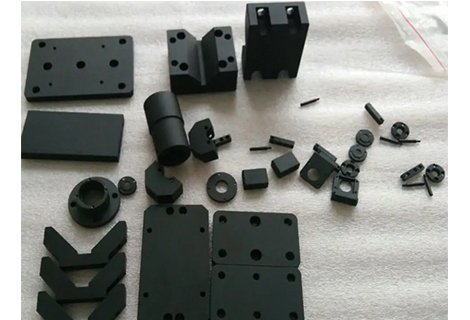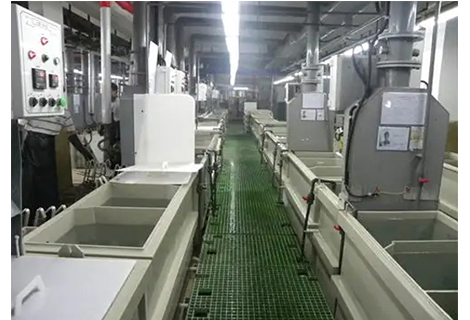The sunk costs of CNC precise machining may be a bit higher than traditional machining methods. However, in the long run, the benefits offered by the process make it worth the extra investment, and today Richconn will share with you all the benefits of CNC machining.
Tight tolerances are the primary reason for using CNC precision machining. Some people may ask: what are the tolerances?
Tolerance, that is, error, we make things may not be the same size as envisioned, there may be errors, but as long as it is still within the acceptable range, then the thing is still usable. Tolerance is also known as dimensional accuracy. It refers to the slight deviation of the dimensions of a machined part from its CAD blueprint.CNC precision machining uses specialized processes and cutting tools to reduce the tolerance to the smallest possible value. This results in a more accurate part compared to the original blueprint.
Four different types of machining tolerances are commonly performed in precision machining:
Unidirectional Tolerance: In this type of tolerance, dimensional variation in a single direction is allowed. The tolerance limit can be higher or lower than the desired dimension.
Bi-directional tolerances: In this type of tolerance, dimensional variation is allowed in both directions. Tolerance limits above or below the expected size are acceptable.
Composite Tolerance: A composite tolerance is the final tolerance calculated by adding or subtracting the tolerances of the different dimensions that make up the part.
Limit Size: Defines the upper and lower dimensional limits, rather than defining the size of the desired dimension. For example, the preset size can be in the range of 20mm to 22mm.
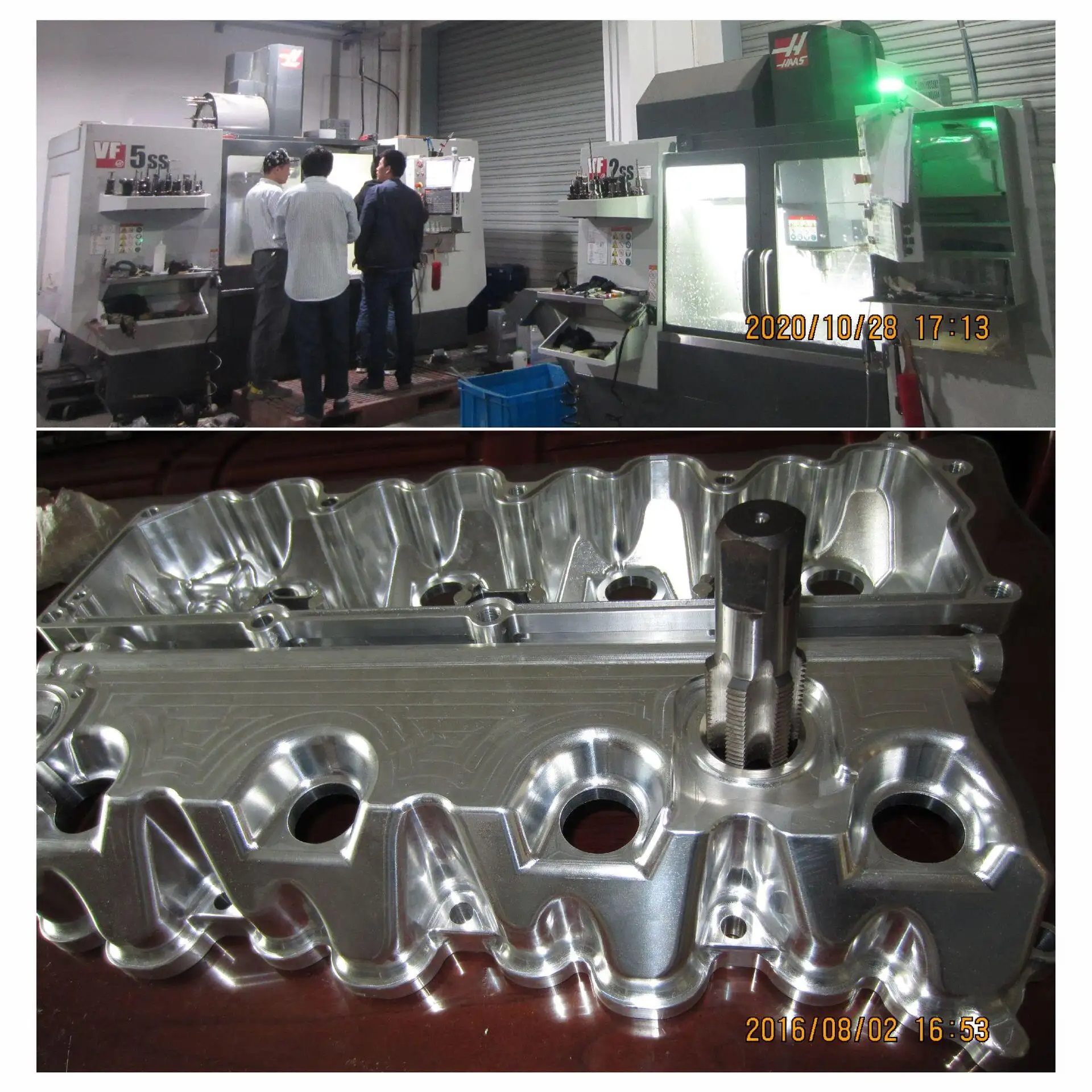
Tight tolerances are a direct indication that the final product made by precision machining will have high accuracy. Precision machining is generally performed on parts that need to be inter-fit with other parts. Therefore, high accuracy is essential for these specific parts to work perfectly at a later stage.
The concept of repeatability is one of the key cornerstones of modern manufacturing. Each part manufactured through a certain process looks similar to other parts to the end user. Any deviation from this replica is usually considered a defect. Precision machining is attractive in this regard. Using high-precision CNC machining, it is possible to make every part the same as the original, with negligible deviations.
Since precision machining has no deviations, it produces fewer defective parts. Therefore, the process can greatly reduce the scrap rate of parts. As a result, material costs are lower. In addition, the automated computer-aided manufacturing process can reduce labour costs. The combined reduction in labour costs and material costs means that CNC machining is less expensive to produce than any alternative.
Precision machining involves high-speed robotics that can create parts faster than manual manufacturing on a traditional lathe. In addition, these parts have high accuracy and tight tolerance finishes, so secondary machining is not required. This reduces production time and increases productivity and efficiency on the shop floor.
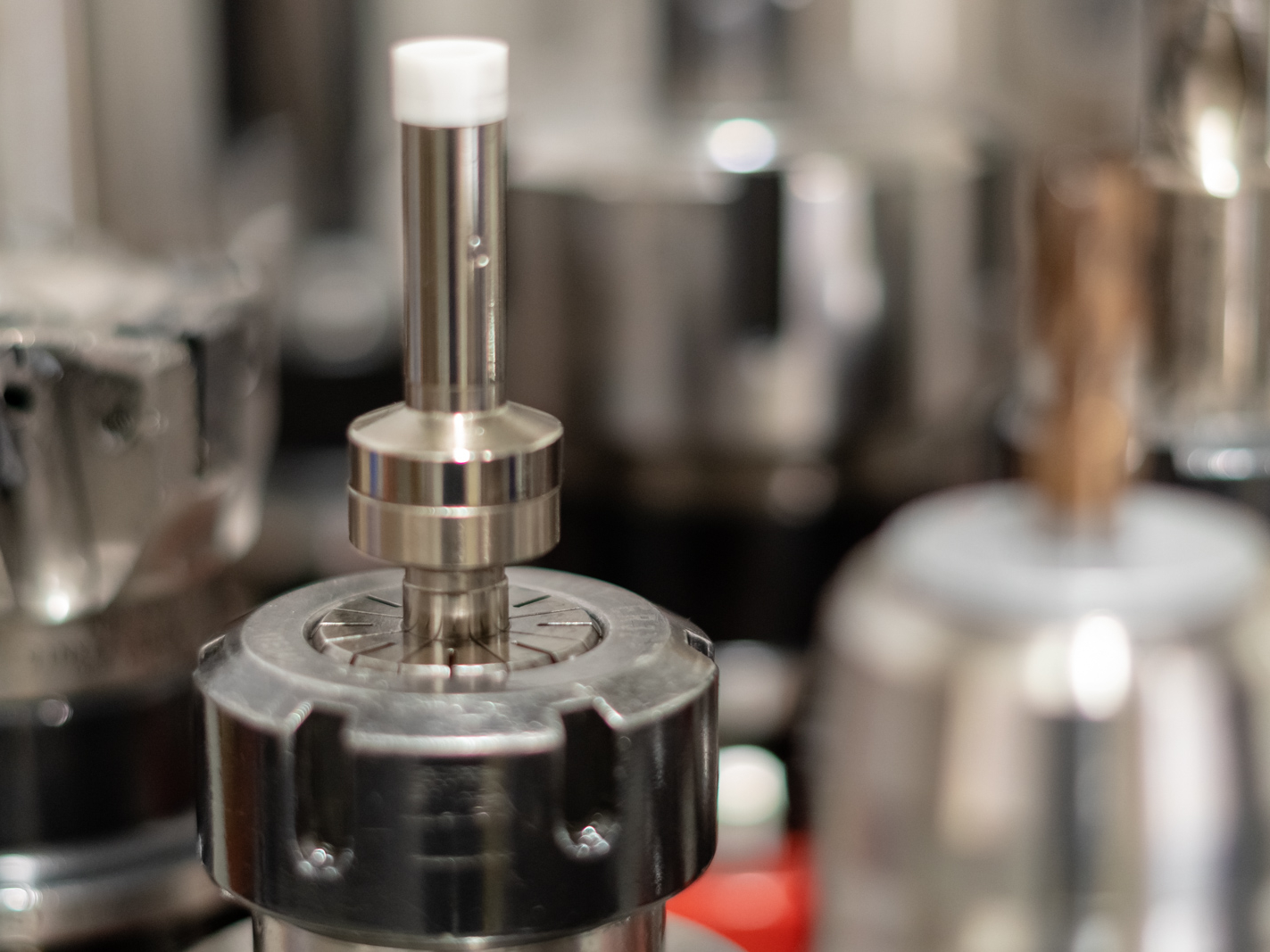
CNC machines can perform complex machining operations such as 3D surface milling, helical cutting, and simultaneous multi-axis machining. With advancements in technology like China 5-axis CNC machining, they can accurately control the movement of tools and workpieces according to pre-written programs, enabling the machining of complex shapes and structures.
CNC machines replace human labour with computer numerical controls and eliminate the risk factor of human error involved in the cutting process, greatly reducing the workers of the potential dangers face when using the machines. Workers are also able to move into skill-intensive positions, such as CNC design operations.
Since the operation of CNC machine tools is controlled by computers, the impact of human factors on machining quality is reduced. Human error, such as fatigue, inconsistent operation and judgment, often leads to poor machining results. Using a CNC machine reduces these errors and improves the consistency and accuracy of machining.
While the initial cost may be high, this advanced manufacturing process brings many long-term advantages, making it a sustainable option worth the additional investment. Tight tolerances ensure that parts are dimensionally accurate, and high accuracy and repeatability make them perfectly interoperable with other components. Reduced production costs and increased productivity make CNC precision machining a cost-effective option, especially when using cheap CNC materials. At the same time, its ability to handle complex machining tasks increases production versatility and innovation. Safety and the reduction of human error further increase the attractiveness of the technology.
CNC precision machining is a core technology of modern manufacturing that provides a solid foundation for high-quality, efficient, and cost-effective production, and will continue to play a key role in a variety of fields. For more information on advanced CNC machining services, including Shenzhen CNC machining and CNC plastic machining factory, visit Richconn's website.
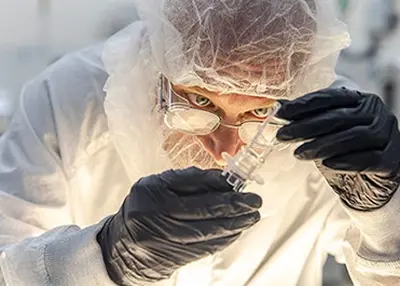 Plastics For Medical Devices and ApplicationsOctober 17, 2023Are you designing medical parts? Just as there are countless medical procedures, there is now a seemingly endless abundance of polymer types. Which ones are best suited for medical applications? Good question.view
Plastics For Medical Devices and ApplicationsOctober 17, 2023Are you designing medical parts? Just as there are countless medical procedures, there is now a seemingly endless abundance of polymer types. Which ones are best suited for medical applications? Good question.view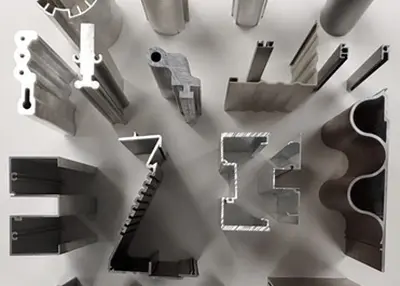 Metal CNC Machine: The Beginner’s Guide to Aluminum CNC MachineMarch 27, 2024Aluminum CNC machine is one of the most common types of metal CNC machines. Let’s have a look at its types, processes, applications and benefits.view
Metal CNC Machine: The Beginner’s Guide to Aluminum CNC MachineMarch 27, 2024Aluminum CNC machine is one of the most common types of metal CNC machines. Let’s have a look at its types, processes, applications and benefits.view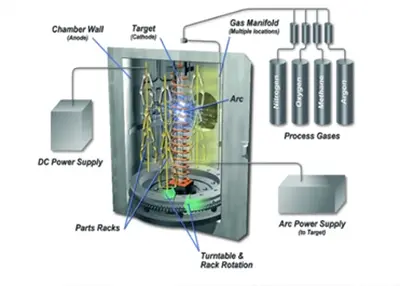 Explain 5 Common Electroplating ProcessesOctober 24, 2022In mechanical design, electroplating is one of our most common surface treatment processes for parts. Today we will take a look at 5 commonly used electroplating processes. There are many methods of e...view
Explain 5 Common Electroplating ProcessesOctober 24, 2022In mechanical design, electroplating is one of our most common surface treatment processes for parts. Today we will take a look at 5 commonly used electroplating processes. There are many methods of e...view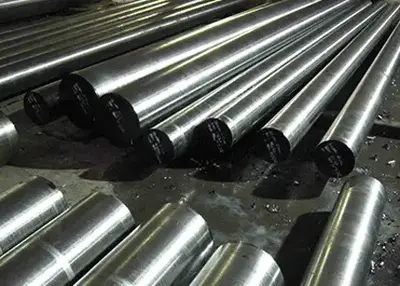 4140 Steel: A Versatile Alloy with Excellent PropertiesDecember 7, 2023Steel is one of the most widely used materials in the world, thanks to its strength, durability, and versatility. However, not all steel grades are the same. Depending on the chemical composition and the heat treatment, different steel grades can have different properties and applications.view
4140 Steel: A Versatile Alloy with Excellent PropertiesDecember 7, 2023Steel is one of the most widely used materials in the world, thanks to its strength, durability, and versatility. However, not all steel grades are the same. Depending on the chemical composition and the heat treatment, different steel grades can have different properties and applications.view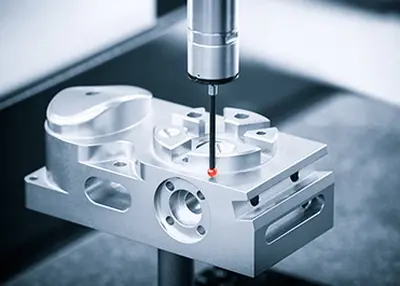 Better CNC Parts Through Fine tuning of TolerancesOctober 13, 2023Tolerances that are too tight can require rework, which in turn drives up costs. If tolerances are too loose, the part may not fit with the mating part. So to optimize your designs, know what tolerances are needed and when: Standard tolerances can improve quality, ensure fast repeatability and reduce manufacturing costs.view
Better CNC Parts Through Fine tuning of TolerancesOctober 13, 2023Tolerances that are too tight can require rework, which in turn drives up costs. If tolerances are too loose, the part may not fit with the mating part. So to optimize your designs, know what tolerances are needed and when: Standard tolerances can improve quality, ensure fast repeatability and reduce manufacturing costs.view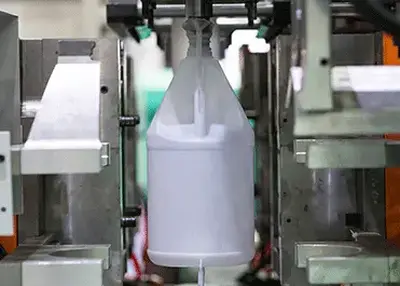 Extrusion Blow Molding: A Guide to the Process, Materials, and ApplicationsDecember 5, 2023Extrusion blow molding is a process of forming hollow plastic parts by extruding a molten tube of polymer and inflating it with air inside a mold. It is one of the most common and versatile methods of producing plastic containers, such as bottles, jars, jugs, and drums.view
Extrusion Blow Molding: A Guide to the Process, Materials, and ApplicationsDecember 5, 2023Extrusion blow molding is a process of forming hollow plastic parts by extruding a molten tube of polymer and inflating it with air inside a mold. It is one of the most common and versatile methods of producing plastic containers, such as bottles, jars, jugs, and drums.view
 EN
EN
 ru
ru 
